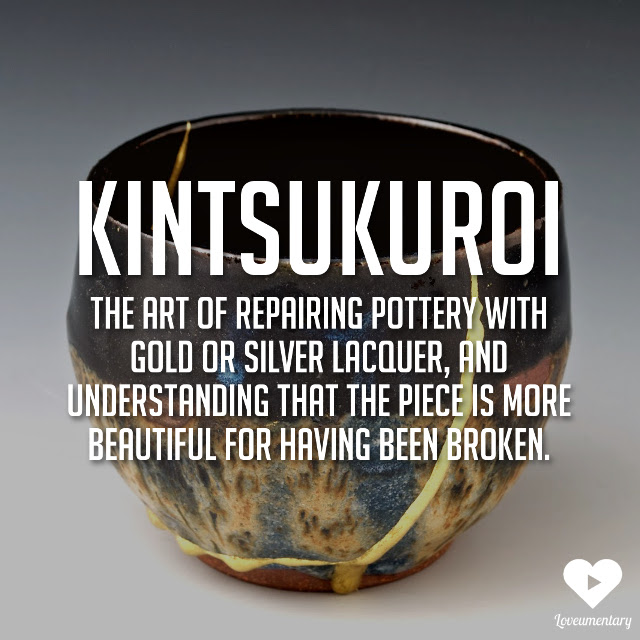Hey, my name is Nat and I’ve been a fan of The Loveumentary since early 2013.
Mostly I sit where you sit -- reading, listening and being inspired by Nate’s genius and moved by the stories of people who love courageously and live compassionately.
Without taking any or much credit for it, I’ve helped Nate out over the years too. I’ve stuffed boxes for Unbox Love, worked through plans for Love School, edited blog posts and emails, pushed the Kickstarter campaign out to a few more people, advised Nate on tricky business decisions, and introduced him to mentors who have helped shape what the Loveumentary is today.
We’ve become great friends.
So to come ‘round to the other side of Nate’s business where you can see me and read what I think … well, it’s daunting to give you content.
I so respect the Loveumentary community and the commitment Nate has to deliver quality content that makes you a better lover and lifts the quality of relationships everywhere. I feel underqualified to serve that mission, and I have no idea if what I have to say will make you a better lover. But it’s a solid insight. It’s given me a way to combine all the hours of podcasts and all the pages of emails now in my head because of Nate.
Enjoy.
Your Life Can Be Boring or Dramatic
Doesn’t it seem that way? Like, you’re either dramatic and exciting and alive, or you’re boring and lame and lifeless?
Here’s the thing: everyone loves a compelling story.
If you need evidence, just look at a movie theater.
Is anyone selling a boring story?
No.
(Well. Some stories are boring. But they don't sell many tickets to those shows...)
So if you can’t make a good movie from a boring story, you gotta make one from dramatic one, right?
If you’re someone who’s holding out for living anything more than a life of pure banality and lameness, you probably said yes.
This is why you have so much drama in your life. Which you hate. But you also love.
If you think being boring is the worst thing in the world, then the way to not live a boring life is to live a dramatic one.
A lame life is the worst. Better to live with excitement even if it’s nuts.
Being forgotten is awful. Better to be remembered even if it means being a bitch.
Going unnoticed is unfathomable. Better get attention, even if it takes causing a scene.
Feeling nothing is death. I’d rather feel something than nothing, even if it’s horrible.
What we love about drama is that it makes us feel something.
And because we want to feel something, we look up… or stir up… drama.
It’s not hard.
We witness drama all the time, take your pick: Cheating. Lying. Deceiving. Complaining. Bullying. Aggression. Judgment. Mockery. Exclusion. Sadness. Depression. Angst. Upset. Pleasure. Gluttony. Greed. Seduction.
Look it up, any of the above: In movies. In magazines. On daytime TV. On Netflix TV. In gossip. On Twitter, Facebook and YouTube.
As it turns out, it’s not hard to invent drama.
Which is why I think so many of our stories are dramatic.
And that’s a problem.
Our culture tells so many dramatic stories, we think they are the only kind that make us feel.
Have you heard Nate say why he started The Loveumentary?
He started it and you’re reading this post because he got tired of the same two dramatic stories being told over and over:
- Unrealistic Fairy Tales. These are the glossed over, positively dramatic stories of cloud 9 romance, 20 karat rings, Prince Charmings, glittering vampires, sleeping beauties, and happily ever afters.
- Disaster & Destruction: These are the TMI, abhorrently dramatic stories of spouses unfaithful, scandalous, forever-nagging and deserving of tabloid spreads, abuse, selfishness, and sadness.
And then there’s the story no one talks about … the story of boring.
“The fairy tale doesn’t last, and I don’t want disaster and destruction… so I guess I'd better be happy just being boring…”
But there’s a third option. There’s more than just boring or dramatic.
There’s another story that makes us feel: The story of TRIUMPH!
Triumph is exciting. And it makes for a great story.
It’s challenging. It’s hard. There’s struggle. There’s high and there’s lows.
It’s full of drama... but this drama is different.
Stories of triumph have something at stake, so the drama has purpose.
When you take on a challenge, you’re living a story of triumph.
When you attempt mastery of a new skill, you’re living a story of triumph.
When you explore territory uncharted, you’re living a story of triumph.
When you forgive a deed long past, you’re living a story of triumph.
When you let go of excuses long held to avoid growth, you’re living a story of triumph.
When you face a fear head on, you’re living a story of triumph.
When you serve someone who’s taken more than they’ve given, you’re living a story of triumph.
When you chase a new record, you’re living a story of triumph.
When you pursue consistency where you’ve never had habit, you’re living a story of triumph.
When you create what’s never before existed, you’re living a story of triumph.
When you embrace risk, you’re living a story of triumph.
And when you fall down, bruise your knees, get upset, fall behind, lose, fall to injury, have your heart broken, miss a shot or a deadline and are rejected … all while pursuing any of these things … that’s all drama that’s worth it.
Drama for the sole sake of feeling something, is empty. It’s cheap. You get the feeling and then there you are, right where you started.
This drama runs at the expense of human emotion with no return on the other side.
While instantly gratifying it’s ultimately unsatisfying.
When you first pursue triumph and drama ensues, there is meaning in it.
It’s FOR something and part of a bigger journey. Triumph-drama is an investment. It comes with feeling, and as it passes you move forward and others upward.
It too runs the expense (and the expanse) of human emotion, and ends with a return at the finale.
While initially agonizing it’s ultimately glorifying.
* * *
I think we’ll always have a desire to feel something deep in our bones. And that desire will push us to look up, and stir up drama.
Those who choose drama, will live dramatically and experience very little growth.
Some will choose boring, and will live with banality.
And now I see we have a third choice: The story of Triumph.
Triumph. A life of progress. A life of improvement. A life of extraordinary.
Want to live a life of Triumph? Come to LoveCon. What's that? Oh, just another one of those things I've been helping Nate with. 3 days of awesome: anything and everything you need to be an amazing lover and live stories of triumph in all your relationships. November 20-22 in the Salt Lake City area. Early bird tickets aren't even available yet, but CLICK HERE and you'll be the first to know when they are.

















